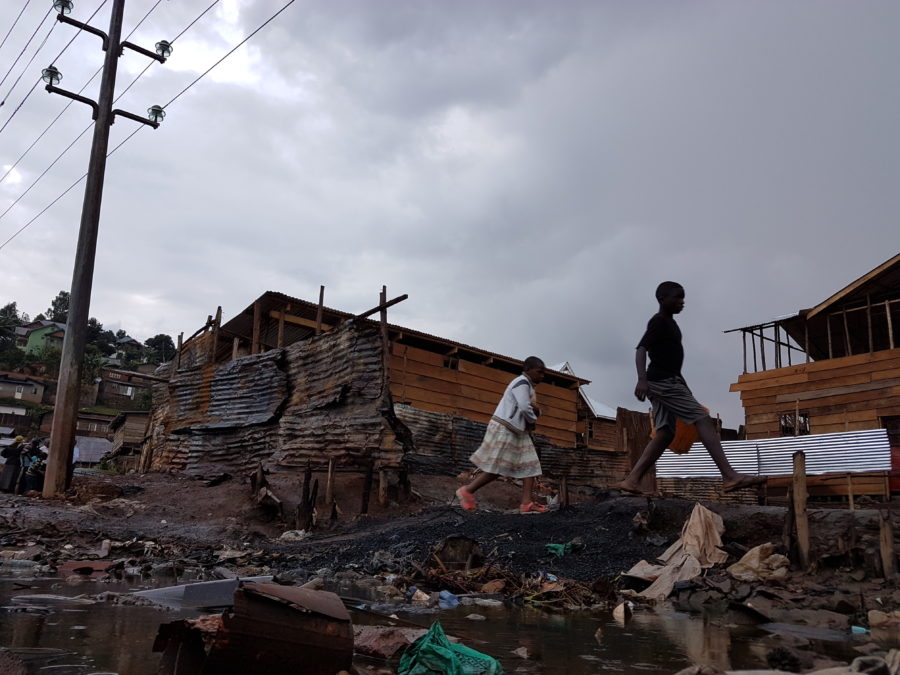After the capture of the town of Goma by the M23, the conflict with the Congolese army has now spread to South Kivu and the capital, Bukavu. Thousands of families, already weakened by the critical situation in the region, are facing all kinds of violations of their rights and an acute humanitarian crisis.

As a member of Caritas Internationalis, Cordaid joins His Excellency Ngumbi Ngengele, Bishop of Goma, and His Excellency Maroy Rusengo, Bishop of Bukavu, in expressing deep concern about the distress caused by the outbreak of violence that has taken hold of the eastern region of the Democratic Republic of Congo in recent weeks.
Victims of attacks, including sexual violence, and the civilian population are plunged into indescribable fear. The number of people who have had to flee their homes since the start of this year already exceeds half a million. Nearly half of them have flocked to the already tense camps for displaced people on the outskirts of Goma, some of which have even emptied under the impact of the conflict. Several humanitarian infrastructures and health centres were directly affected by the fighting, and bombs hit at least two camps in flagrant violation of international humanitarian law.
Humanitarian Access
Living conditions are becoming increasingly precarious, with access to food, drinking water, and essential services becoming increasingly difficult. Hospitals are saturated, and medicine stocks are rapidly running out. This situation is all the more alarming because providing humanitarian assistance is currently being made extremely difficult.
To meet the vital needs of the population, Caritas is calling for:
- the reopening of Goma airport and the borders to establish a safe humanitarian corridor to allow the movement of communities of volunteers away from the clashes;
- the restoration of electricity and water supplies throughout the city, as well as the rapid resumption of protection and psychological assistance programmes, emergency aid, water, sanitation and hygiene to prevent water-borne diseases;
- facilitating the delivery of medicines and providing support in terms of medical staff;
- protecting those providing humanitarian assistance so they can carry out their mission without hindrance or threat, following international humanitarian law, and securing humanitarian infrastructures to guarantee safe access to people in need.
Social Pact for Peace
In the face of the suffering caused by the current humanitarian and security crisis and the real risk of a wider conflagration, Caritas aligns itself with the roadmap of the ‘Social Pact for Peace and Good Living Together in DR Congo and the Great Lakes’, proposed by CENCO.
‘I urge all parties to the conflict to commit themselves to a cessation of hostilities and to the protection of the civilian population of Goma and other regions affected by the military operations (…) and the swiftest possible end to all forms of violence.’
Pope Francis
This roadmap calls on the parties in disagreement to urgently seek a peaceful resolution to the conflict through dialogue. The international community should demonstrate its high commitment by deploying strong and coordinated diplomatic and financial initiatives to facilitate and encourage such a resolution.
Urgent Measures
Caritas calls on the international community to take urgent measures to protect civilians, especially those in the most vulnerable circumstances and those who have been displaced, and to guarantee the integrity of essential civilian and health infrastructures in accordance with international humanitarian law.
Caritas believes that ensuring a humanitarian response that meets the growing needs is essential. In addition, the international community and the parties to the conflict must work actively to find lasting peace.